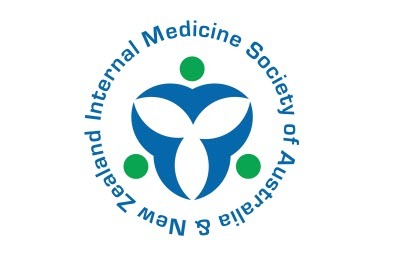Recommendations
Tests, treatments, and procedures for healthcare providers and consumers to question
Australia's peak health professional colleges, societies and associations have developed lists of recommendations of the tests, treatments, and procedures that healthcare providers and consumers should question.
Each recommendation is based on the latest available evidence. Importantly, they are not prescriptive but are intended as guidance to start a conversation about what is appropriate and necessary.
As each situation is unique, healthcare providers and consumers should use the recommendations to collaboratively formulate an appropriate healthcare plan together.
Carotid artery ultrasound
The Royal Australian College of General Practitioners
Visit page
Recommendations 1 - 5 (April 2015)
All RACGP members were invited, and five GPs selected, to join the Choosing Wisely panel. They raised 28 issues, researched these and voted on a shortlist of 10. The voting for this shortlist was based on the amount of supporting evidence available, the degree of importance for patients, and the frequency of the test or treatment being used by Australian GPs. Opinion from the entire College membership was then sought via online survey, to choose five of the shortlisted 10. Additional free-text comment was encouraged, with good response rates. This national vote determined the final five topics.
Following an NPS Representatives meeting, two on that list were found to duplicate other Colleges' choices, and it was felt the RACGP could endorse these rather than replicate them. Therefore the next two highest voted options were selected instead.
Recommendations 6-10 (March 2016)
The RACGP Working Group established for Wave 1 of Choosing Wisely identified 32 candidate topics for Wave 2, then shortlisted fifteen, spread across four categories – screening, imaging, pathology and treatment. The shortlisting criteria were: quality of supporting evidence; importance for patients; and number of Australian GPs using the test or treatment. A dedicated workshop was held at the RACGP Annual Scientific Meeting, ‘GP15’, and the entire RACGP membership was asked to vote for their ‘top five’ via online survey. Additional free-text comment was encouraged, with good response rates. The top five topics from this national vote were written up by the Working Group and reviewed by the RACGP Expert Committee – Quality Care.
Internal Medicine Society of Australia and New Zealand
Visit page
A panel of IMSANZ members produced an initial list of 32 low value tests, treatments and management decisions frequently encountered in general medicine services. This initial list was distributed via e-mail to 350 members of a working group comprising approximately 50 general physicians as well as nurses and allied health professionals who ranked the items in terms of priority and were free to nominate additional items. Based on their responses, the list was condensed to 15 items including three which were not previously listed. These 15 items were the subject of a face-to-face forum of the working group which reached consensus on a final list of 10.
Recommendations on ‘what not to do’ were formulated around these 10 items and a summary of the evidence for each recommendation was prepared. An online survey based on this work was presented to, and approved by, IMSANZ Council. The survey was sent to all IMSANZ members asking respondents to assign a score from 1 to 5 for each recommendation on three criteria: ‘The clinical practice being targeted by this recommendation is still being undertaken in significant numbers’; ‘This recommendation is evidence-based’; and ‘This recommendation is important in terms of reducing harm to patients and/or costs to the healthcare system’. The survey attracted 182 respondents from all across Australia and New Zealand, which was a response rate of 26%. The final top five chosen were the recommendations with the five highest average total scores assigned to them.
Australian and New Zealand Association of Neurologists
Visit page
The ANZAN Council considered 12 clinical practices in neurology which may be overused, inappropriate or of limited effectiveness in a given clinical context. After choosing the top 5 items to prioritise, these were passed on to the appropriate subspecialty committees within ANZAN for comment and additional suggestions. The final list of the top 5 items chosen was compiled following a review of the evidence and the formulation of suitable recommendations and endorsed by the Council on 7th January 2016.